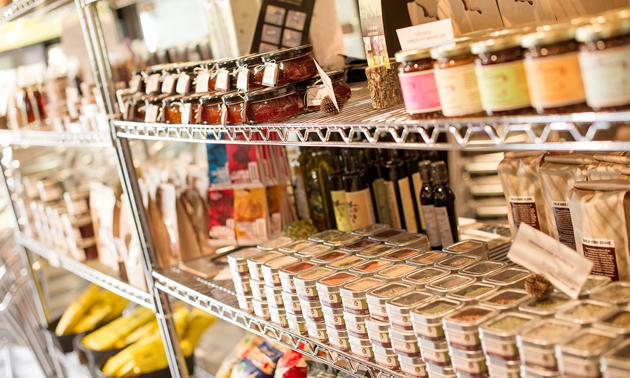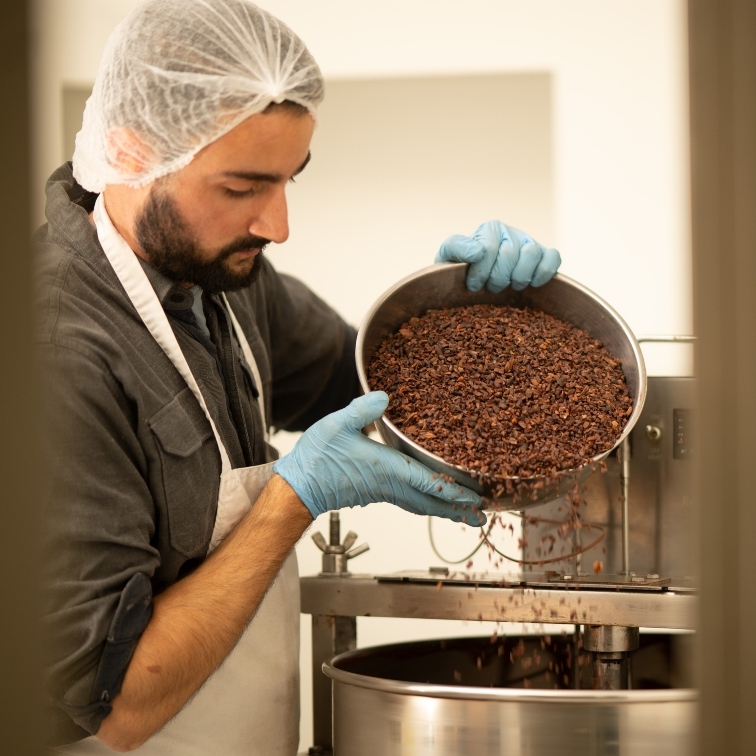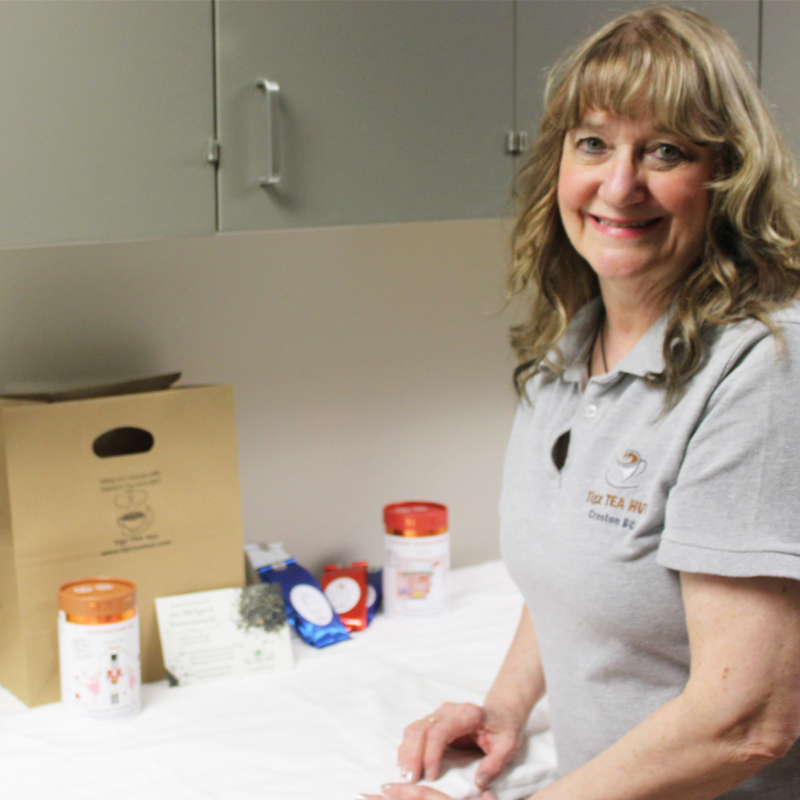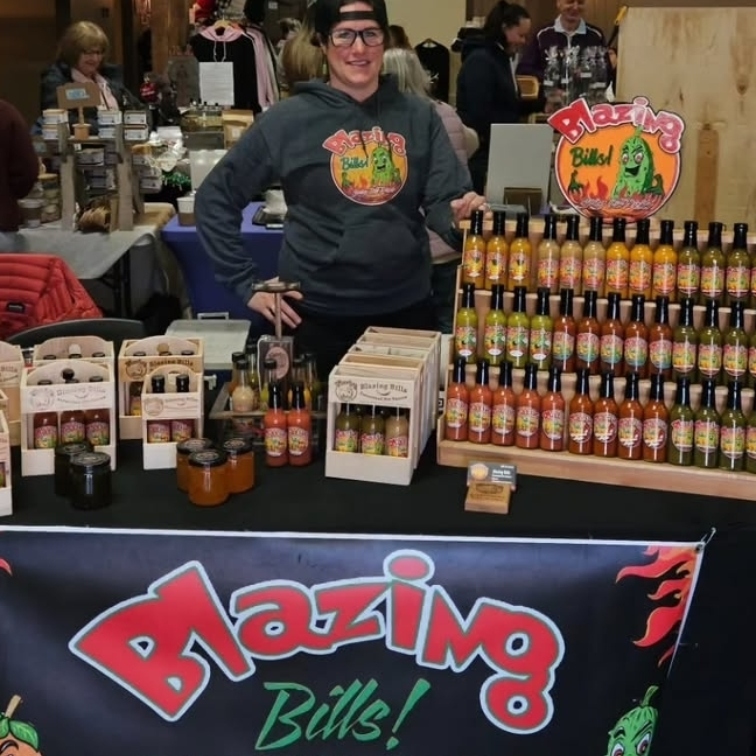Proposed food business incubator for the Columbia Valley
A study is being conducted to explore the idea of a food business incubator and commercial kitchen for B.C.'s Columbia Valley
An idea for a food business incubator for the Columbia Valley originated in early 2013 with Bill Croft, formerly of the Calgary Research & Development Authority. Croft, who lives in Invermere, B.C., took the idea to Alison Bell and Lara McCormack, both of whom are involved in the food business and live in the Columbia Valley. Bell is a chef instructor and chef in Invermere, and McCormack is a partner in From Scratch, a Mountain Kitchen, in the nearby community of Fairmont Hot Springs.
What’s the idea?
In general terms, the incubator project would consist of a shared-use commercial kitchen paired with business development support and mentorship for local food businesses. The question that demands an answer before any commitment is made to the project is: If you build it, will they come?
As a base for their due diligence on the project, Bell, Croft and McCormack formed the Columbia Valley Food Corridor Association (CVFCA), and began to do some research on food business incubators throughout North America. They discovered one nearby, in Sandpoint, Idaho.
“We visited it last summer,” Bell said. “It’s actually a (general) business incubator, with a good portion of it being a commercial kitchen. It’s been operating since the 1980s, and it is a terrific model that has been the inspiration for food business and incubator kitchens around the world."
After gathering information from about 50 sources across Canada and the U.S., Croft and Bell prepared a report and presented it to the Columbia Valley Community Directed Funds Program (CDFP). The program is an initiative of the Regional District of East Kootenay and funded by Columbia Basin Trust. Among other points, the report gives an indication of the stringency of the regulations set out by B.C. Interior Health (IH) and the Canadian Food Inspection Agency (CFIA).
“I am fairly certain that our research and preliminary report helped to bolster support for the project,” said Bell.
To further investigate the potential market, the CVFCA sought funding for a project feasibility study, and funding was allocated by the Columbia Valley CDFP. Brightwell Consulting began the study with an online survey, which has had upwards of 80 responses from people who are in food-related businesses within the Columbia Valley. An analysis of those responses, along with other market research, will provide the basis for the decision about the future of this project.
Smoothing the way
In her quest to access Canada-wide markets for retail food products made at From Scratch—and in the absence of an incubator closer to home—McCormack has been working with an Alberta incubator kitchen that provides support and infrastructure for new and developing food businesses.
McCormack said many food businesses have foundered while trying to figure out how to comply with the numerous and exacting regulations governing production of food for public consumption. Mentorship on meeting the standards set out by IH and CFIA would be part of the benefit of using the proposed food business incubator.
“From Scratch is actually going through the incubation process, using a commercial facility to produce our product line," McCormack said. "It’s giving us great experience and insight into how our commercial production kitchen should work. We’ll be able to centralize the information for people who are beginning this process, and save them a lot of time, money and frustration. What’s taken us two years to accomplish may take them only six months.”
Spinoff possibilities
The food business incubator could offer opportunities for all manner of food producers and supporting businesses, including market gardens, label producers, product transport providers, meat producers, restaurants and marketing agencies. It would also complement a popular new trend—culinary tourism—and help promote regional economic growth as a result.
If the feasibility study indicates that the project will be able to support itself—at minimum—then the CVFCA will need to find a location for the commercial kitchen and funds to get the project started.
“There are grants we can apply for, and we will happily accept private donations,” said McCormack.
The CVFCA gratefully acknowledges the financial support of the Regional District of East Kootenay and Columbia Basin Trust, which supports efforts to deliver social, economic and environmental benefits to the residents of the Columbia Basin.








Comments